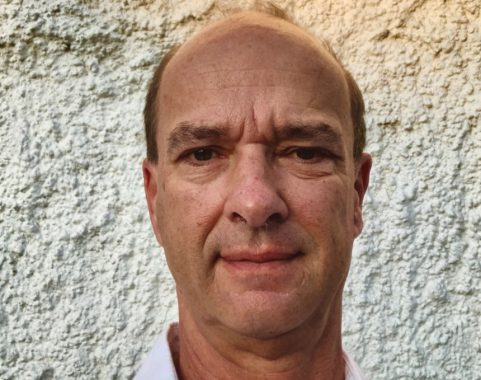Why I resigned as a PCN clinical director

Primary care networks (PCNs) are on every GP’s lips, because of the publication of the absurd draft specifications for the directed enhanced service (DES) just before Christmas.
These have provoked alarm and despair in many GPs and LMCs, but I wasn’t surprised about them.
I’d already made my decision to resign as a PCN clinical director, and did so on 31st December 2019.
The PCN element of the contract is a house built on sand. It directs most new investment to partly reimbursing a very limited range of new professionals via the Additional Roles Reimbursement (ARR) scheme, but there’s no evidence these staff exist and want to work in PCNs.
When the DES was published, I congratulated the BMA on negotiating the indemnity solution and small recurrent rises to the core contract. But where on earth did PCNs come from?
There was no vote offered to the profession on PCNs, yet clearly it was expected that PCNs would create more work for GP teams. But last year, the BMA said the PCN service specifications had not been agreed.
Now we know what is expected of PCNs.
I didn’t believe the workforce could support PCNs, so submitted a Freedom of Information request to NHS England in March 2019. This asked what workforce data was used to estimate the supply of ARR professionals, and whether any modelling had been done of the willingness of these professionals to join PCNs nationally or locally.
NHS England’s response was that it ‘does not hold this information’.
So we have a new policy of PCNs which has no supporting workforce plan, and no accompanying training or premises plans – just massive expectations for PCNs to save the underfunded and workforce-depleted NHS.
I’ve been involved in NHS management for many years, and can smell a rat.
The BMA got us into this mess, so it can help get us out
Soon, through CCG and sustainability and transformation partnership meetings, it became clear that the NHS was to be organised and held to account at ‘place’ (such as a CCG-area population) and ‘neighbourhood’ (PCN-size) level.
Colleagues in local healthcare trusts were amazed to hear PCNs were voluntary, and everyone expected clinical directors to: attend regular meetings; do population health and workforce planning; and miraculously stop increases in emergency admissions.
All of this was without any new resources and assuming we could employ the masses of staff promised.
Well, we couldn’t even recruit a pharmacist. But of course, all we really had to deliver in the first year was extended hours, albeit at a reduced price.
All extended and improved access looks to be the responsibility of PCNs from April 2021.
The new DES specifications suggest out of hours care is coming to PCNs. I suggest that in reality this means they want PCNs to deliver out-of-hours care in the future, too.
So I believe PCNs are being set up to fail, with no workforce to support them, and if you can’t recruit the staff, you don’t get the money. You are, however, left with all the specified work, and there are clear expectations that you’ll be doing lots more work.
The staff who are to be reimbursed don’t come qualified to do the work without extra training, such as prescribing. This training requires money, time and hefty input from GPs.
And as of now, the training seems unreimbursable from the ARR scheme.
CCGs have largely failed and are soon to be replaced; NHS England has now dumped primary care commissioning on them as they too have failed in that role, singularly failing to find the 5,000 new GPs they promised us by 2020.
And now it looks like PCNs will be the fall guys.
But GPs have an option. The PCNs DES is still voluntary, and we can just say ‘no’.
As far as I can see, there’s no Plan B if the whole of PCNs resign, so now we can ask the BMA to negotiate a proper deal, and this time ballot the profession on any revised deal. It got us into this mess, so it can help get us out.
There’s an old saying I could apply to PCNs: ‘you can put lipstick on a pig, but it’s still a pig’.
However, I happen to like pigs. I don’t like PCNs.
Dr David Jenner is a GP in Cullompton, Devon. These are his views, and not necessarily those of his partners or PCN colleagues











